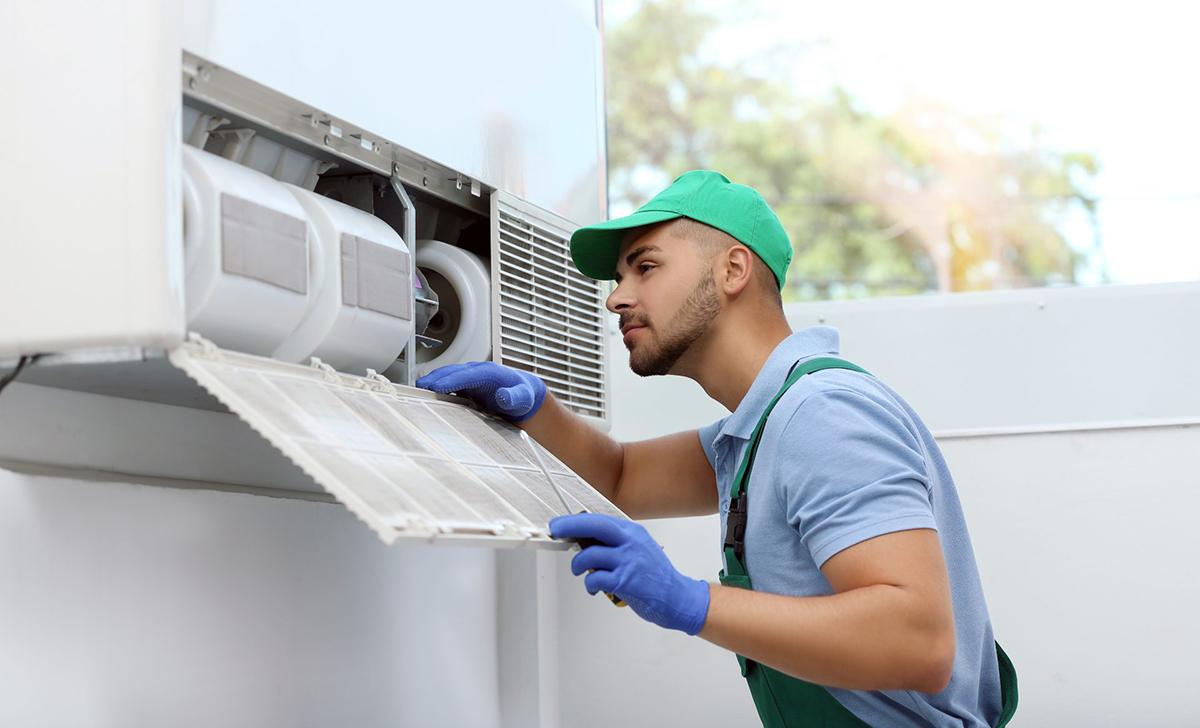From homes to workplaces, vehicles to public spaces, air conditioning systems play a crucial role in maintaining optimal indoor conditions, enhancing productivity, and promoting health and well-being. In this article, we'll explore the significance of air conditioning, its evolution, environmental impact, and future trends.
Evolution of Air Conditioning:
The concept of air conditioning dates back to ancient civilizations, where people used various methods to cool their living spaces, such as utilizing natural elements like shade, ventilation, and water air conditioning evaporation. However, it wasn't until the late 19th century that mechanical air conditioning systems emerged.
Willis Carrier, often regarded as the father of modern air conditioning, invented the first electrical air conditioning unit in 1902. Initially developed to control humidity in a printing plant, Carrier's invention soon found applications in various industries, leading to the widespread adoption of air conditioning for comfort cooling.
Significance of Air Conditioning:
Comfort: Air conditioning provides a comfortable indoor environment by regulating temperature and humidity levels, ensuring occupants remain cool and dry, especially during hot and humid weather conditions.
Health: Properly maintained air conditioning systems help improve indoor air quality by filtering out pollutants, allergens, and airborne particles, reducing the risk of respiratory problems and allergies.
Productivity: Comfortable working conditions contribute to increased productivity and efficiency in workplaces, as employees can focus better and experience fewer distractions due to discomfort.
Preservation: Air conditioning plays a vital role in preserving perishable goods, maintaining optimal conditions in warehouses, cold storage facilities, and food processing plants, preventing spoilage and extending shelf life.
Environmental Impact:
While air conditioning offers numerous benefits, it also poses environmental challenges, primarily related to energy consumption and greenhouse gas emissions. Traditional air conditioning systems rely heavily on fossil fuels for power generation, contributing to carbon dioxide emissions and global warming. Additionally, the refrigerants used in older AC units, such as chlorofluorocarbons (CFCs) and hydrochlorofluorocarbons (HCFCs), are potent greenhouse gases that deplete the ozone layer.
To address these environmental concerns, the industry has been transitioning towards more energy-efficient and environmentally friendly alternatives. The development of eco-friendly refrigerants, such as hydrofluorocarbons (HFCs) with lower global warming potential, and the implementation of energy-efficient technologies, including variable-speed compressors and smart thermostats, are helping mitigate the environmental impact of air conditioning.
Furthermore, there's a growing focus on sustainable design practices, such as passive cooling techniques, building insulation, and green building standards like LEED (Leadership in Energy and Environmental Design), aimed at reducing the energy demand for cooling and minimizing carbon emissions.
Future Trends:
Looking ahead, the future of air conditioning is poised for significant advancements driven by technological innovation and sustainability initiatives. Some emerging trends include:
